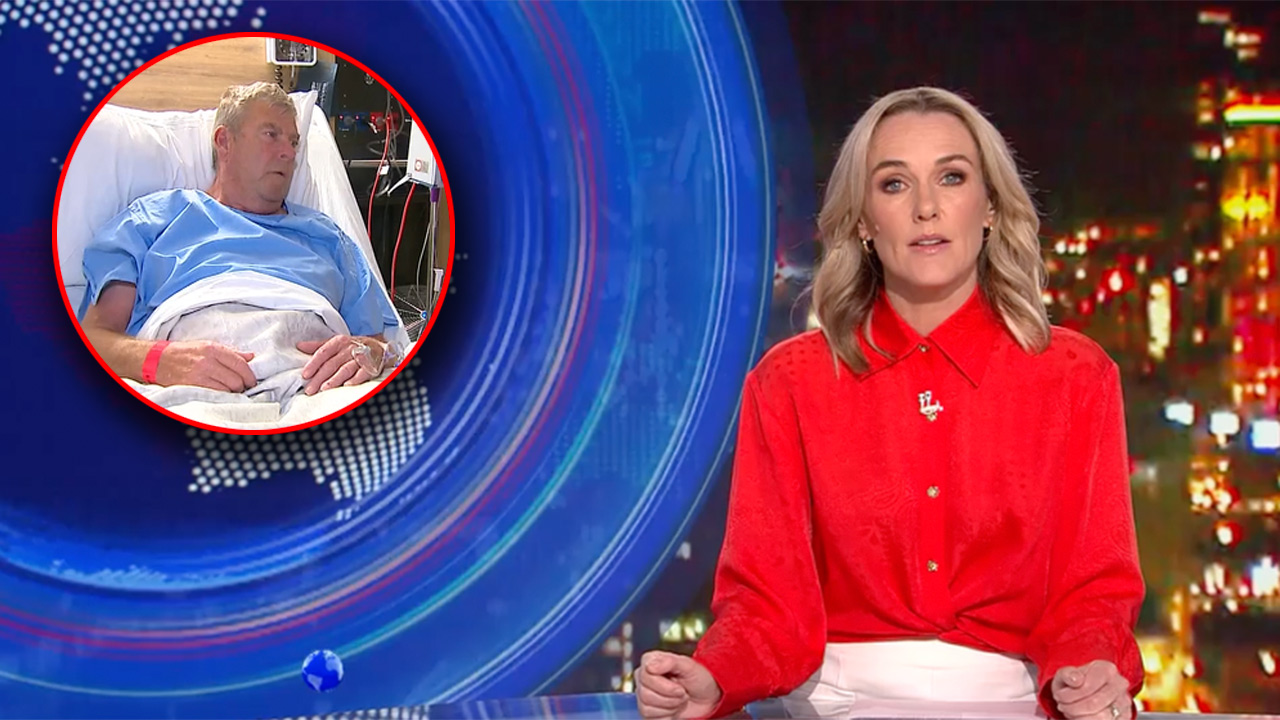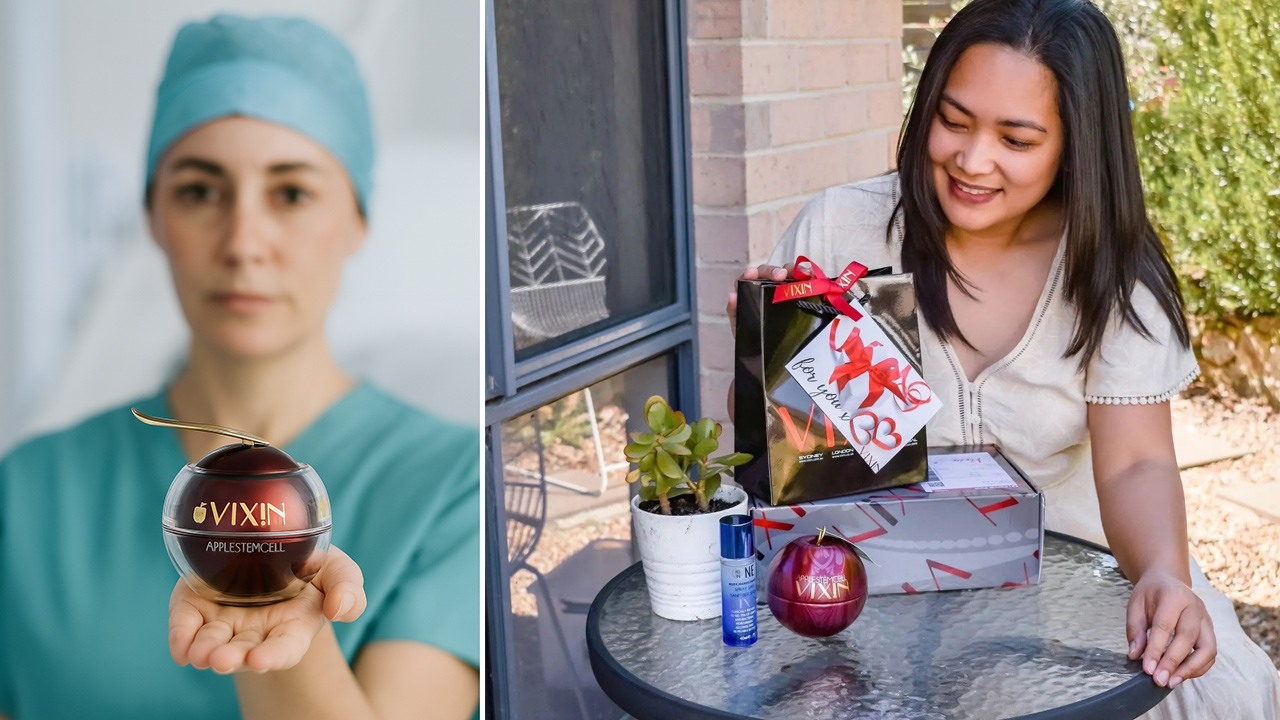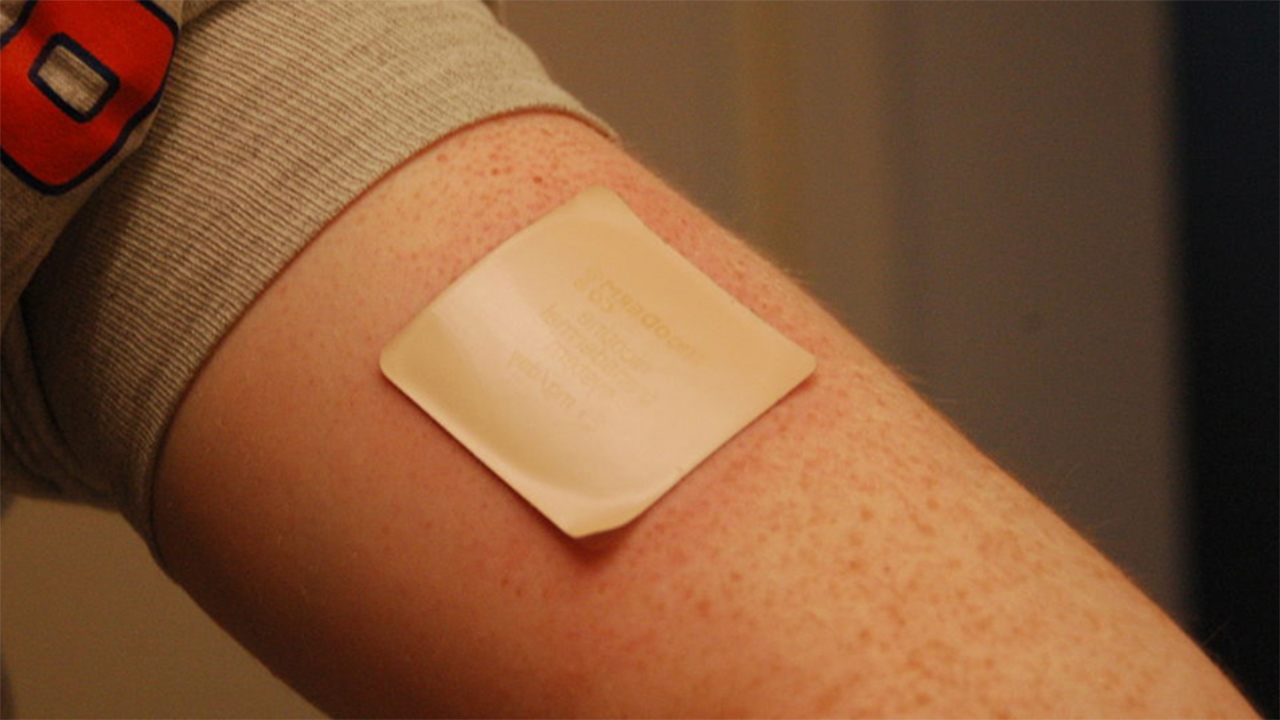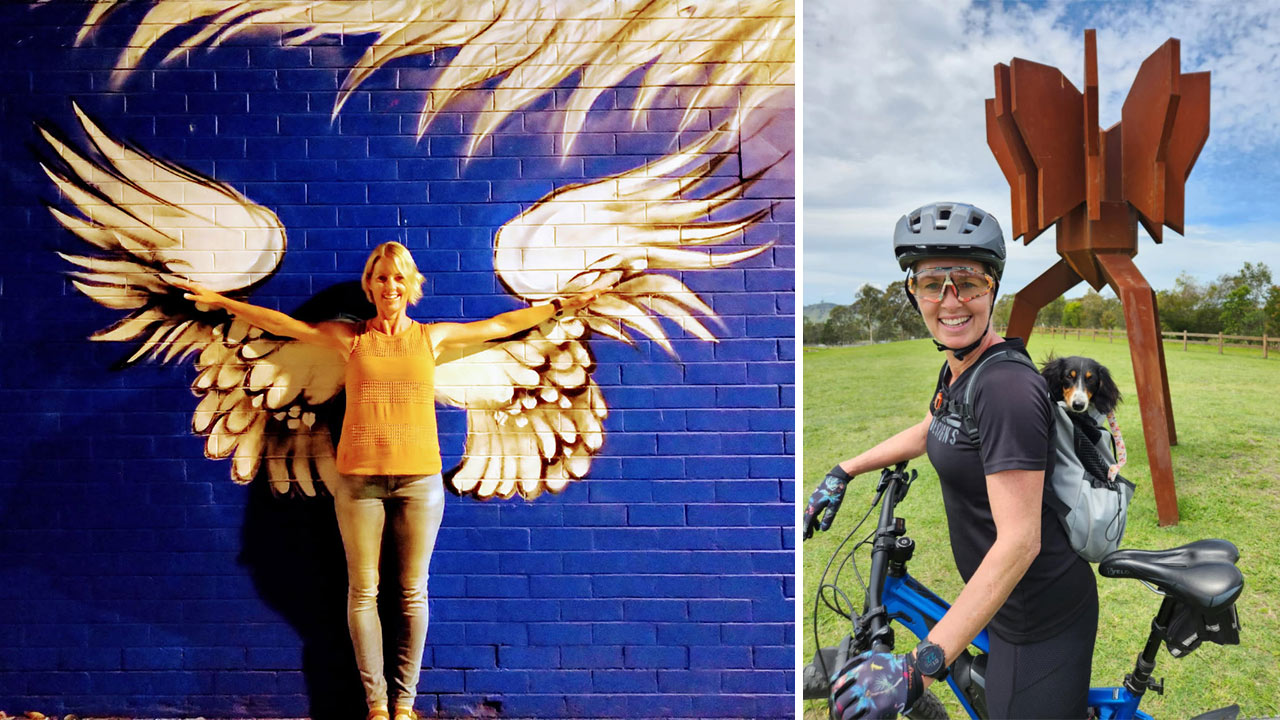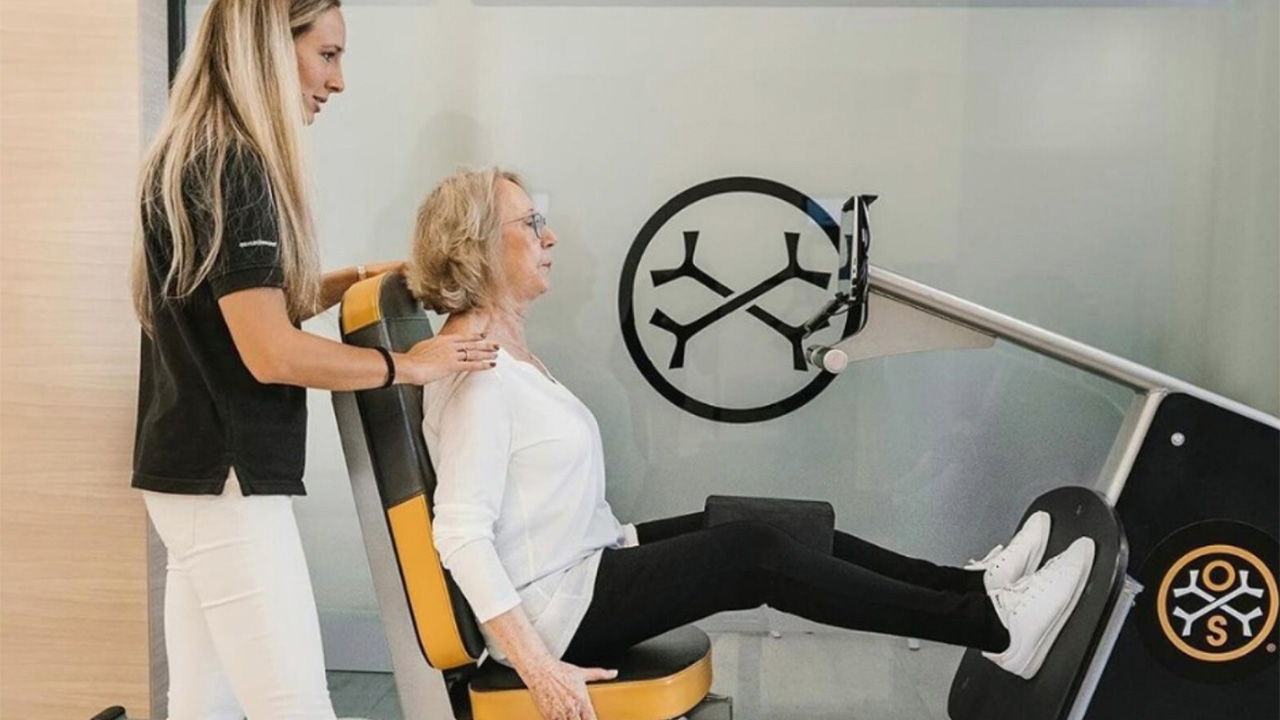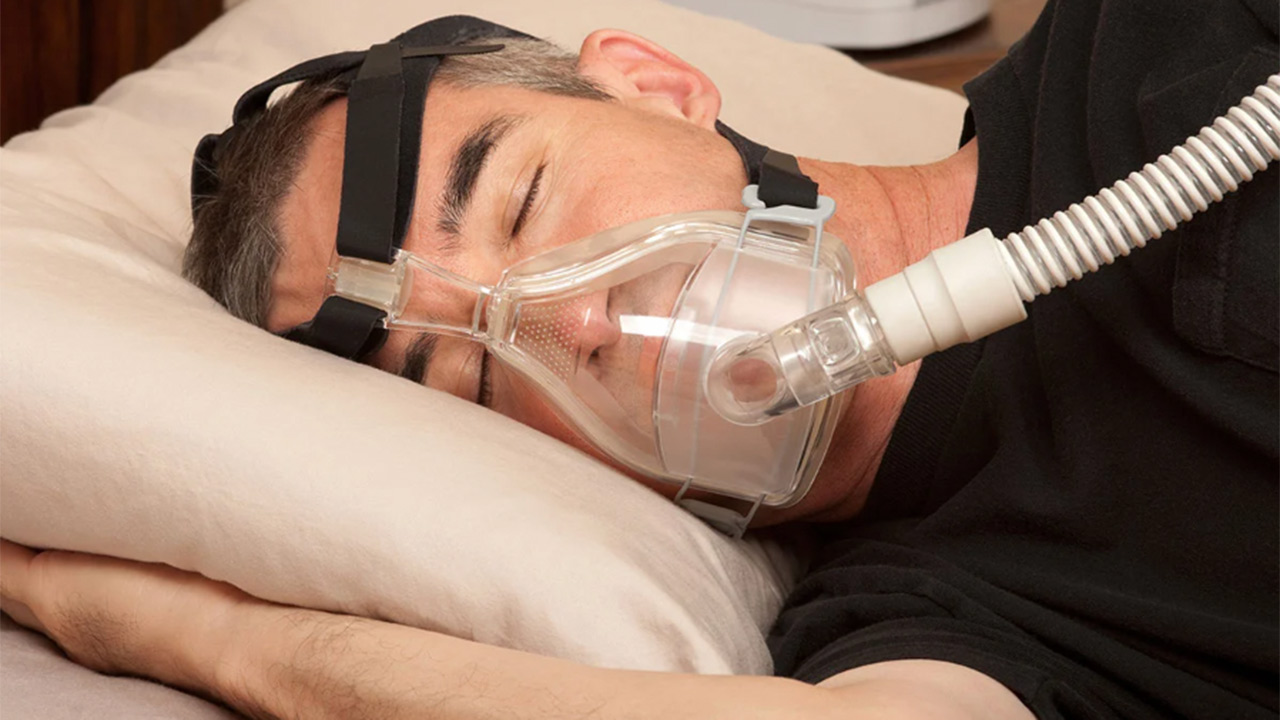A Melbourne grandfather has become the first person in Australia to undergo life-saving lung cancer surgery through the country’s new national screening program, just two weeks after being diagnosed.
Patrick Griffin, 65, was originally referred to a lung specialist for sleep apnoea, but after meeting the criteria for the Australian National Lung Cancer Screening Program, including being over 50 and a former smoker, he was sent for a routine CT scan.
To his surprise, the scan picked up stage 1 lung cancer, despite him showing no symptoms. “I was very surprised, again because there were no symptoms,” Griffin said.
Just a fortnight later, Griffin underwent surgery at Cabrini Hospital where surgeons successfully removed a quarter of his lung. “I probably wouldn’t have got checked out because I was going along all right. I’d given up smoking about 12 months ago,” he said.
Griffin’s case is a powerful example of the life-saving potential of the new free, Medicare-funded screening initiative, which officially launched this year to combat Australia’s deadliest cancer. Currently, more than half of lung cancer cases in Australia are only discovered at stage 4, when treatment options are limited. Just 16 per cent are caught at stage 1 – the point at which outcomes are most favourable.
Experts hope the screening program will shift that statistic dramatically, detecting up to 60 per cent of cases early and preventing more than 500 deaths annually.
“It’ll fundamentally change the way lung cancer is treated in this country, and it will fundamentally change the outcome for patients,” said Professor Chris Merry, cardiothoracic surgeon at Cabrini.
The screening is open to anyone aged 50 to 70 who is a current or former smoker and has no symptoms. A referral from a GP is all that’s needed to access the Medicare-subsidised low-dose CT scan.
“This is just changing the paradigm,” said Dr Hari Wimaleswaran, lung specialist at Cabrini. “It’s an absolute game changer for the patient, their family members, and even us as clinicians to see how impactful this screening program can be, and change the trajectory of their life really.”
As for Griffin, he hopes his story will inspire others to get checked – even if they feel fine. “It probably saved my life,” he said.
Images: Nine News
